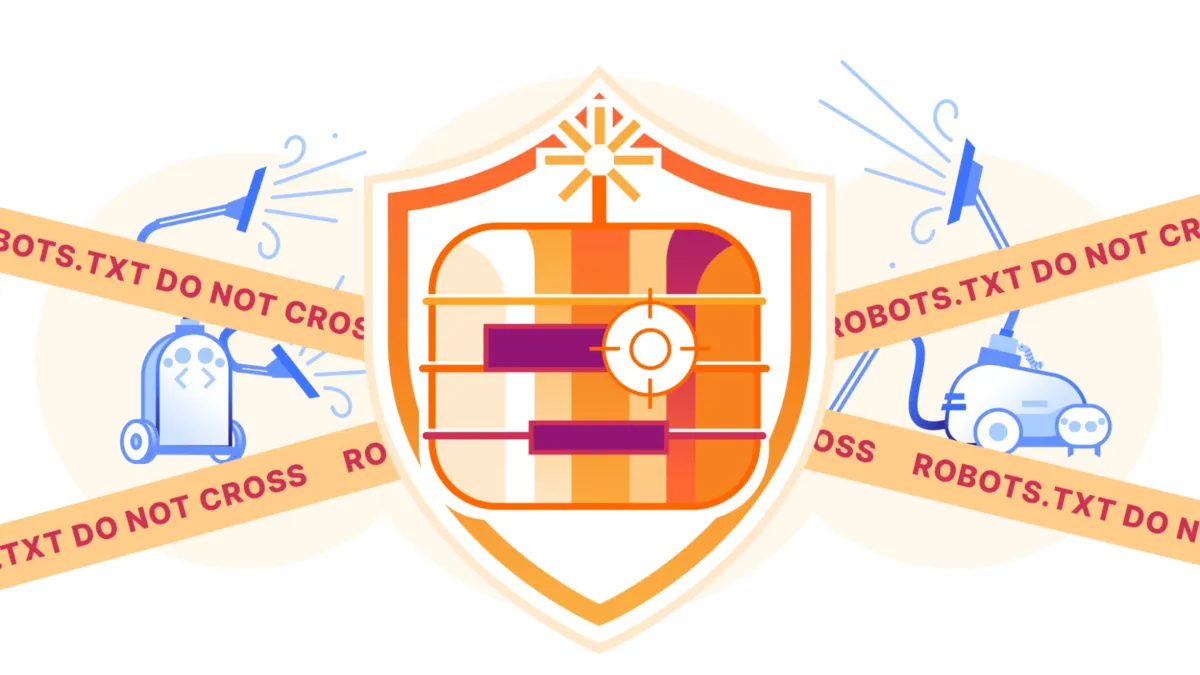
Three days ago, on December 10, 2024, Cloudflare introduced Robotcop, a network-level enforcement system for robots.txt policies. According to Celso Martinho, Will Allen, and Nelson Duarte from Cloudflare, the new feature aims to give website owners greater control over how AI services access their content.
The robots.txt file has been a standard since 1994 for declaring which parts of a website automated crawlers can access. While traditionally used to manage search engine indexing, the file has gained renewed significance as AI companies increasingly crawl the internet to gather training data for their models.
According to the announcement, many content creators and publishers are now specifically using robots.txt to restrict access by AI crawlers. A real-world example shared by Cloudflare shows how a major news website blocks several prominent AI services through their robots.txt configuration:
User-agent: GPTBot
Disallow: /
User-agent: ChatGPT-User
Disallow: /
User-agent: anthropic-ai
Disallow: /
User-agent: Google-Extended
Disallow: /
User-agent: Bytespider
Disallow: /
The configuration above explicitly blocks crawlers from ChatGPT, Anthropic AI, Google Gemini, and ByteDance's Bytespider from accessing any content on the site.
A significant limitation of the robots.txt standard has been its reliance on voluntary compliance by crawlers. Robotcop addresses this by integrating with Cloudflare's AI Audit dashboard to provide both visibility and enforcement capabilities.
The system works by parsing the robots.txt files from protected web properties and matching their rules against detected AI bot traffic. Website administrators can view detailed analytics, including the number of requests and violations for each bot across all paths. The dashboard highlights specific URLs that receive traffic violating the stated policies.
The enforcement mechanism transforms robots.txt rules into Web Application Firewall (WAF) rules that can be deployed across Cloudflare's network. This automated translation process converts policy declarations into active network-level blocks against non-compliant crawlers.
Technical implementation details reveal that the system operates in several stages. First, it analyzes the robots.txt file to extract relevant directives. Then it maps these directives to identifiable AI bot traffic patterns. Finally, it generates corresponding WAF rules that can be reviewed and deployed by administrators.
The monitoring capabilities provide granular insights into crawler behavior. Administrators can track:
- Total request counts per AI service
- Policy violation frequencies
- Most frequently accessed paths
- Detailed path-level violation reports
- Bot-specific policy definitions
The feature integrates with existing Cloudflare security infrastructure, allowing organizations to maintain consistent policy enforcement alongside other security measures. The WAF rules generated by Robotcop can coexist with custom security policies and other automated threat responses.
According to the documentation, the feature is now available to all Cloudflare customers through their dashboard. Implementation requires no additional configuration beyond having a valid robots.txt file and enabling the enforcement option.
For website operators concerned about unauthorized AI training data collection, this development provides a technical mechanism to enforce their stated policies. Rather than relying solely on crawlers to voluntarily respect robots.txt directives, organizations can now actively prevent policy violations at the network edge.
The release comes amid growing discussion about AI companies' data collection practices and content creators' rights to control how their material is used. By providing both visibility into crawler behavior and active enforcement capabilities, the tool gives website operators greater agency in managing AI access to their content.
The announcement emphasizes the broader context of evolving internet infrastructure needs as AI services become more prevalent. Website operators now face new challenges in managing automated access to their content, particularly from commercial AI services gathering training data.
This technical advancement in robots.txt enforcement demonstrates how traditional web standards can be adapted to address emerging technological challenges. The integration of policy declaration, monitoring, and network-level enforcement provides a more robust approach to managing automated access in an AI-enabled environment.

